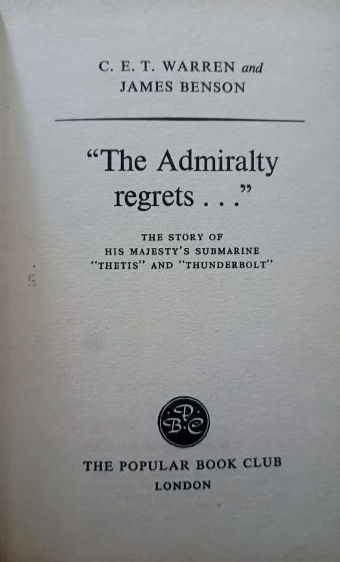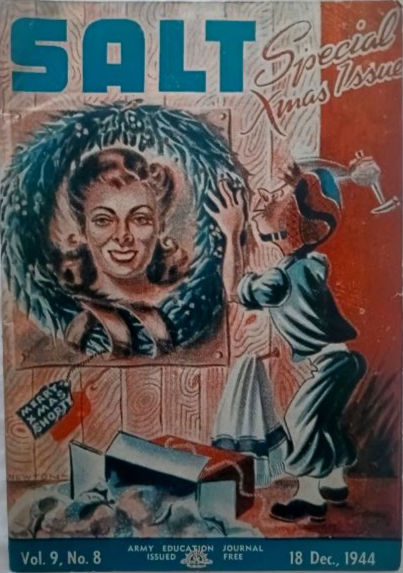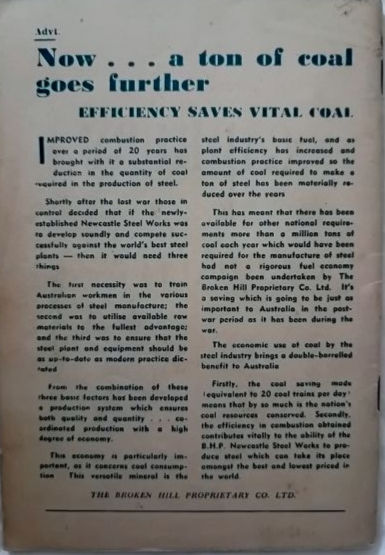NATO's Eastern Agenda In A Strategic Era (2003) By F. Stephen Larrabee
With the conclusion of the Prague summit, NATO faces a number of new challenges in its Eastern agenda. First, it must ensure that the democratic transitions in Central and Eastern Europe are consolidated and that there is no backsliding. These countries must modernize their military forces and make them interoperable with those of NATO. Second, NATO, must remain engaged in and ensure the security of the Baltic states. The problem of Kaliningrad should be addressed and the enclave stabilized. Third, NATO needs to develop a post-enlargement strategy for Ukraine to support the country’s continued democratic evolution and integration into Euro-Atlantic structures. Fourth, Russia must be incorporated into a broader European and Euro-Atlantic security framework. Finally, NATO needs to develop a coherent strategy toward the Caucasus and Central Asia. The Partnership for Peace can provide the framework for developing relations with these countries. Other U.S. and NATO polices can encourage greater openness, reform, and democratic practices. These challenges, moreover, must be addressed in a new strategic context. In the post-Prague period, the key issue is NATO’s transformation and its strategic purpose: What should its missions and strategic rationale be?
- Soft Cover
- 192 pages
- In Good Condition
































